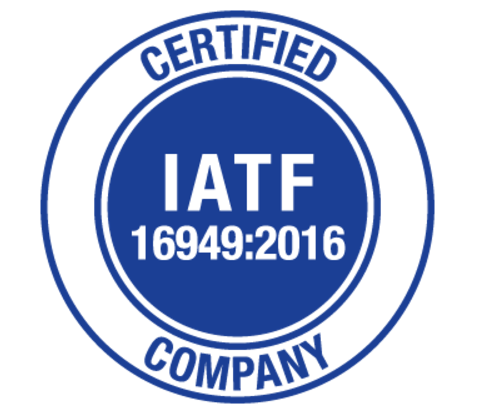Have we really learned the Lessons Learned?

„Lessons learned” refers to the knowledge or insights gained from past experiences, especially from challenges, mistakes, or successes. In various contexts—whether in personal growth, business, projects, or education—it involves reflecting on what worked, what didn’t, and how things can be done better in the future. These insights help individuals and teams improve their processes, decision-making, and outcomes moving forward.
What are the benefits of using Lessons Learned?
- Improved Decision-Making
- Informed Choices: By reflecting on past experiences, you gain insights that can guide better decision-making in the future. You know what strategies, processes, or approaches have worked well or failed.
- Avoiding Past Mistakes: Identifying and understanding past mistakes helps avoid repeating them, leading to more successful outcomes in subsequent projects or situations.
- Increased Efficiency and Effectiveness
- Streamlined Processes: By learning from what worked and what didn’t, teams can eliminate inefficiencies and improve workflows, making future projects or tasks run more smoothly.
- Optimized Resource Allocation: Lessons learned can help identify the most effective use of time, money, and other resources, leading to better planning and execution.
- Enhanced Problem-Solving
- Root Cause Analysis: The lessons learned process helps uncover the underlying causes of challenges, not just the symptoms, enabling better problem-solving and the development of more effective solutions.
- Creative Solutions: Reflection on past issues may spark new ideas and innovative solutions to recurring problems.
- Knowledge Sharing and Collaboration
- Knowledge Transfer: Lessons learned allow valuable knowledge and insights to be shared across teams or organizations, promoting collaboration and reducing knowledge silos.
- Team Empowerment: When lessons are shared, teams learn from each other’s experiences, fostering collaboration and collective growth.
- Better Risk Management
- Risk Mitigation: By identifying past risks and their outcomes, teams can develop strategies to minimize or manage similar risks in future projects.
- Predictive Insights: Lessons learned help in anticipating potential issues and proactively addressing them before they escalate.
- Continuous Improvement and Innovation
- Culture of Learning: Regularly engaging in lessons learned promotes a culture of continuous improvement, where feedback and reflection are valued as part of ongoing development.
- Encourages Innovation: The process of reflecting on past successes and failures often leads to discovering new, more efficient, and creative ways to do things.
- Increased Accountability and Responsibility
- Ownership of Actions: By analyzing outcomes, individuals and teams are more likely to take ownership of their actions, fostering a sense of accountability.
- Better Team Dynamics: Recognizing where things went wrong allows teams to address problems and adjust their approach, leading to improved collaboration and understanding.
- Better Project Management and Execution
- Informed Planning: Lessons learned from previous projects provide insights that lead to better project planning, budgeting, scheduling, and execution.
- More Realistic Expectations: By understanding past challenges and successes, teams can set more realistic goals and expectations in future projects.
- Long-Term Growth and Organizational Success
- Sustainable Growth: Organizations that continuously learn from their experiences and apply those lessons can adapt more effectively to changes in the industry, technology, or market conditions.
- Competitive Advantage: Organizations that actively learn from their successes and failures are better positioned to innovate and stay ahead of competitors.




